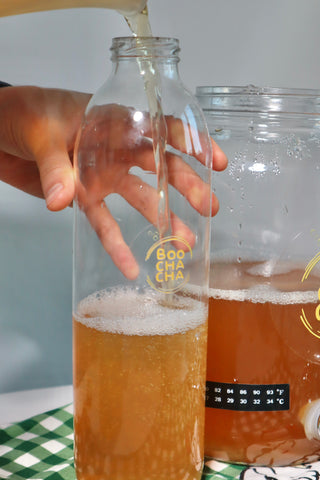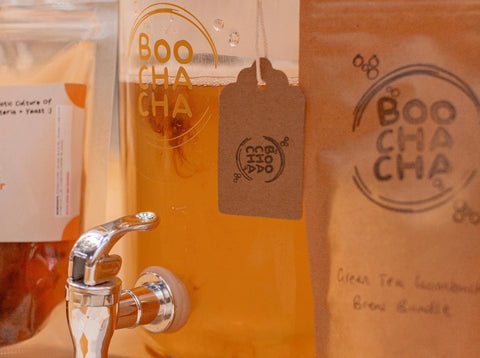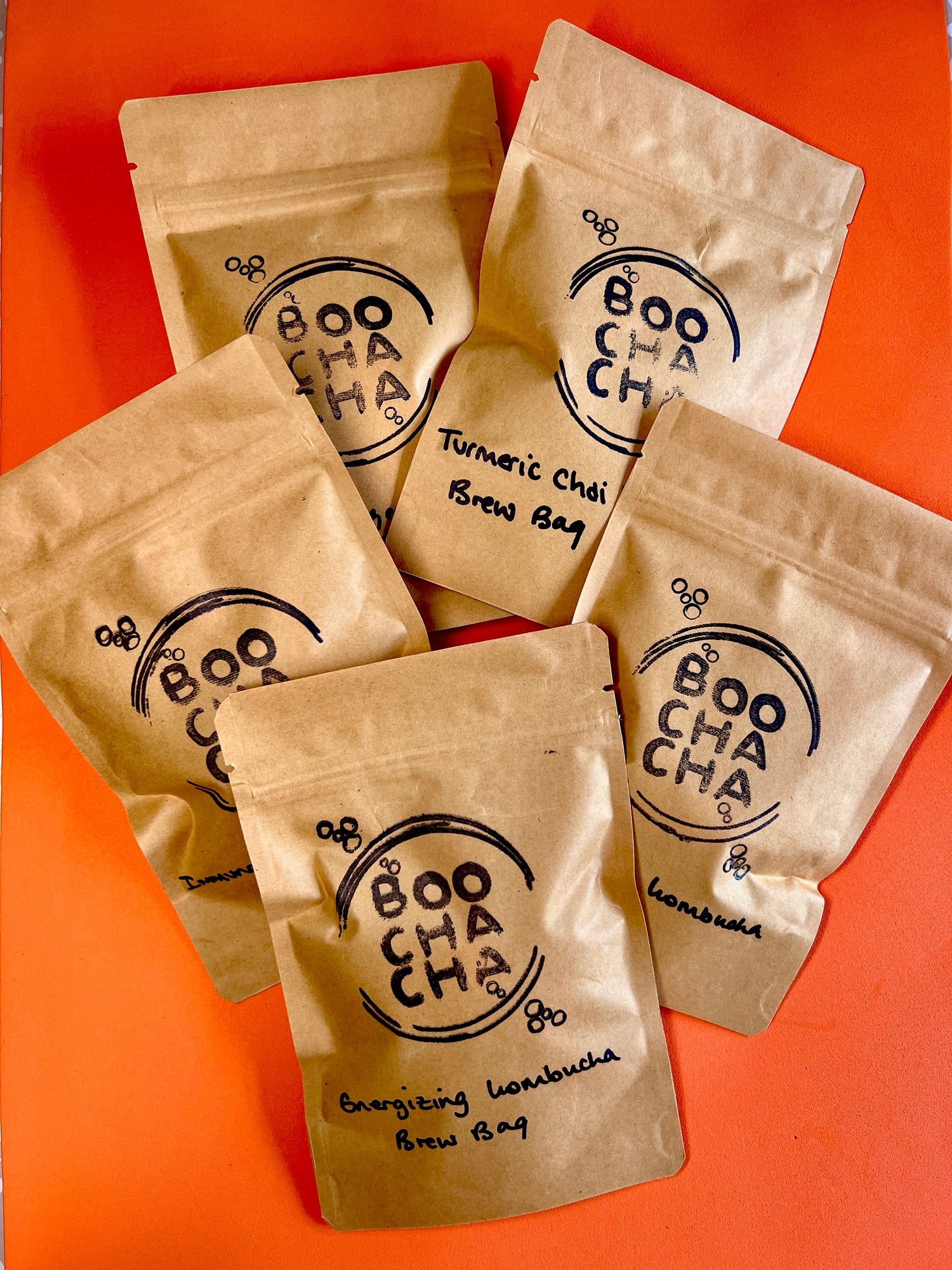Kombucha is a fizzy, tangy, and slightly sweet beverage that has been enjoyed for thousands of years, believed to have originated in Northeast China around 220 B.C. It’s made through a fascinating process that involves fermenting sweetened tea using a symbiotic culture of bacteria and yeast, commonly referred to as a SCOBY.
This SCOBY looks like a rubbery pancake and is the powerhouse behind kombucha’s transformation.

The process starts with tea—usually black or green—that’s mixed with sugar. The SCOBY is added to the sweetened tea and left to ferment at room temperature for a week or more. During this time, the SCOBY consumes the sugar, producing a range of organic acids, vitamins, and a trace amount of alcohol as byproducts. This is what gives kombucha its characteristic tangy taste and potential health benefits, including probiotics, which are good for gut health.
Now, let’s talk about whether kombucha is halal. “Halal” is an Arabic term meaning “permissible” in Islam. For something to be considered halal, it must comply with Islamic law as defined in the Quran and Hadith (sayings of the Prophet Muhammad).
The primary concern with kombucha and its halal status is the presence of alcohol. During fermentation, the yeast in the SCOBY breaks down the sugar and produces alcohol and carbon dioxide, which is why kombucha has its slight natural fizz. In most commercial and well prepared home-brewed kombucha, the alcohol content is very low—typically less than 0.5%, which is the threshold for non-alcoholic beverages in many countries. However, if the kombucha is left to ferment for an extended period, the alcohol content can increase.

Islamic law prohibits the consumption of intoxicants, primarily alcohol. The question of whether a trace amount of alcohol disqualifies kombucha as halal is a subject of debate among scholars. Some argue that since the alcohol in kombucha is not added intentionally and is merely a byproduct of fermentation, and because it’s present in such small amounts that it cannot cause intoxication, kombucha can be considered halal. Others may be more cautious and avoid kombucha due to its alcohol content, no matter how minimal.
Another aspect to consider is the cross-contamination with higher-alcohol brews or the use of equipment that may also be used for alcoholic beverages, which could raise concerns for some individuals seeking to adhere strictly to halal dietary laws.
Those who are concerned about the alcohol content but still want to enjoy kombucha may stumble upon non-alcoholic versions that are specifically cultured to minimise alcohol content, or the drink may be pasteurised to remove alcohol, which will also kill the beneficial probiotics that many people seek in the kombucha. You should bare in mind that these kombucha production methods are not typically regarded as authentic, and many fermentation experts condemn the branding of these drinks as kombucha.



